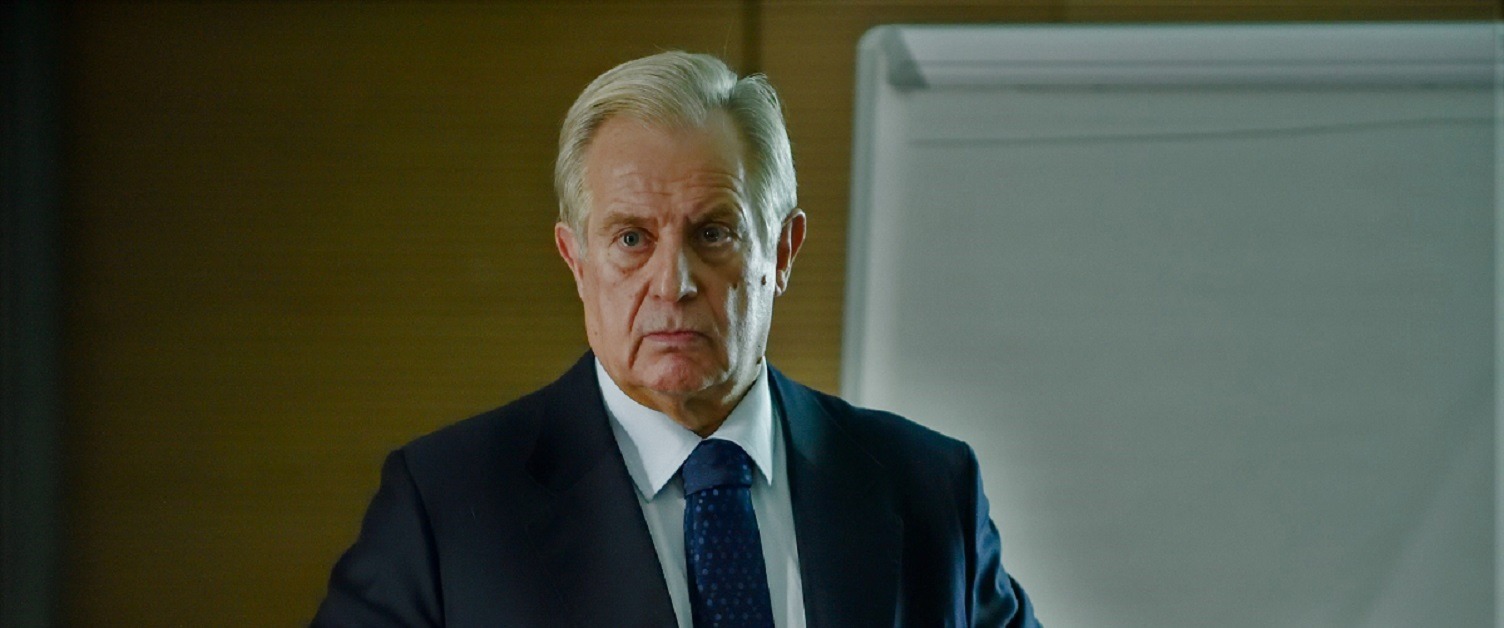
In poor countries what % of girls finish primary school? 20%, 40% or 60%?
What % of babies in the world under one year received a type of vaccine? 20%, 50% or 80%?
Today there are 2 billion children. According to the UN by 2100 the number will double, will it be 3 billion or equal?
If you have not answered all three questions always with the last hypothesis, you are wrong. If you didn’t get anyone right, you’re in “good” company: most CEOs, top NGO managers, highly trained medical professionals, etc. all, all of them respond worse than chimpanzees… (which responding at random would hit at least one answer – 33%).
Hans Rosling, professor of public health and founder of borderless doctors in Sweden, dedicated the last years of his life to hundreds of conferences where he began by asking 10/15/20 of these basic facts of the world in which we live to highly qualified audiences.
The perplexity with the ignorance led him to write a book that Bill Gates ranked as one of the most important he has ever read and an indispensable guide to thinking clearly about our world.
Why?
One cannot think well with wrong facts. Am I an excellent information processor? In quantity and speed? All right. But if trash comes in, trash comes out: garbage in, garbage out. How to draw right conclusions from wrong assumptions? This is what explains how 1) smart people 2) in powerful countries make catastrophic decisions where it would be best to be quiet.
And most of us do not truly know the world we live in. For two (among other) reasons.
First, we live in the past, in a world that no longer exists. That we learned at school / university. And when faced with new information items, we reject them. Subconsciously. For laziness: so I will have to (re)think how this new information “fits” in what I knew before and review my worldview … And for the sake of simplicity and therefore safety: damn it comes to confuse everything… never mind, leave it there, you will think later on…, and the later on, of course, never comes and we live in a world that is already over.
Most of the world’s population lives in poor countries, right? Wrong. Only 1/7. The other 5/7 live in middle countries, with between $2 and $32 a day (and another 1/7 with more than that).
This latest statistic (World Bank) also illustrates that not only do we live in the past, but that the present is better. That is, we think reality is worse than it truly is.
And for three causes: 1) risk aversion (we require a win of 2.25 to accept the loss of one euro in a heads/tails game); 2) our memory is consequently more marked by loss than pleasure; and 3) the bias of the experts: if you have a hammer in your hand or clinical or meteorological knowledge or whatever, all problems seem to us like a nail, health crises, climate change and so on.
So we are unaware that the world is better on several factors: slavery, oil spills, child mortality, AIDS infections, air accidents, child labor, hunger, literacy, democracy, nature protection (!), killed in wars (per 100,000 inhabitants), etc., etc.
Is the world perfect? No, it’s not. It’s better? In many things yes. In others not. Do we know? No, we do not know. In what world do we live in? In one that is already over, that doesn’t exist.
If behavioral economics and its heuristics explain (laziness, simplicity, risk aversion, vanity, bounded rationality, etc.) how our attention and expert bias works, explaining is not solving. So people stumble systematically on the same stones. And in companies ignorance of the facts means bankruptcy or value that is no longer created. Missed opportunities and improper actions. In any case, mistakes made.
Because the facts are our friends (Deng Xiaoping) and so we should look for the truth in the facts. Does knowledge cost money? … and how much does ignorance cost?
Factfulness? A book not to be missed.
